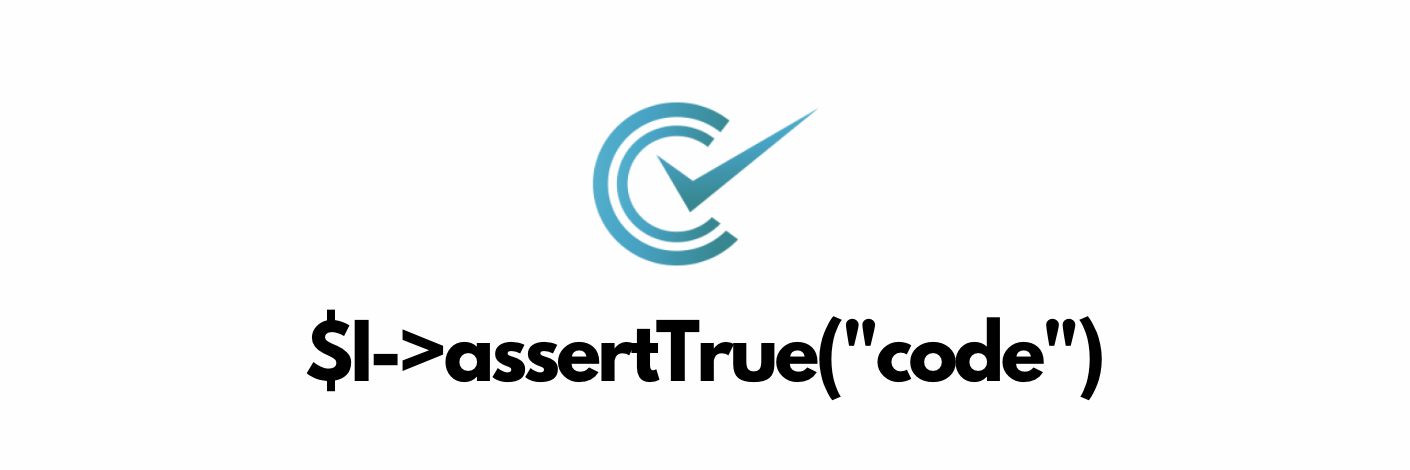Over the past 20 years, we have been at the forefront of PHP development, creating high-performance and scalable websites for clients across various industries. As we celebrate this milestone, we want to share our insights, lessons learned, and the innovative solutions we’ve developed to help businesses grow and thrive online. Embrace the Evolution of PHPContinue reading “The Triumphs and Challenges of 20 Years in PHP Development: Building Scalable Websites and Lessons Learned”
Tag Archives: Guide
Mastering PHP Performance Optimisation: A Dive into Profiling Techniques and Tools
In this blog post, we’ll cover various techniques for optimising the performance of PHP applications, including benchmarking, profiling, opcode caching, and database optimisation. What is Benchmarking? Benchmarking is the process of measuring the performance of your PHP application under specific conditions. This involves running your application while measuring metrics such as response time, throughput, andContinue reading “Mastering PHP Performance Optimisation: A Dive into Profiling Techniques and Tools”
From Code to Deployment: How to Use Docker for Continuous Integration
Docker has become an essential tool for building and deploying modern applications. In a continuous integration and delivery (CI/CD) pipeline, Docker can help streamline the process of testing and deploying code changes. In this blog post, we’ll provide an overview of how to use Docker in a CI/CD pipeline, including how to automate testing andContinue reading “From Code to Deployment: How to Use Docker for Continuous Integration”
Automated Testing with Symfony and Codeception: A Beginner’s Guide
Automated testing is a critical part of modern software development, allowing developers to catch bugs early and ensure that their code works as expected. Symfony is a popular PHP web framework that provides many built-in tools for testing, while Codeception is a powerful testing framework that can be used with Symfony to write tests moreContinue reading “Automated Testing with Symfony and Codeception: A Beginner’s Guide”
Best Practices for Using Docker to Deploy and Scale Web Applications
Docker is a popular tool for deploying and scaling web applications, and it offers several benefits for developers and operators alike. In this blog post, we’ll discuss some best practices for using Docker to deploy and scale a web application, with a focus on security and performance.
Optimising PHP Performance, why you should do it and what are common mistakes?
When it comes to building high-performance web applications, optimising your PHP code is crucial. By taking steps to improve the speed and efficiency of your PHP code, you can reduce load times, improve user experience, and even save on hosting costs. In this guide, we’ll explore some tips and techniques for optimising PHP performance, specificallyContinue reading “Optimising PHP Performance, why you should do it and what are common mistakes?”
DragonflyDB, Skytable and Redis Battle for the Crown of High-Performance Datastores
Redis, DragonflyDB, and Skytable are three popular NoSQL database technologies that are designed to be fast, scalable, and highly available. While they share some similarities, they also have some key differences that make them better suited to different use cases. In this post, we’ll take a closer look at each of these databases and compareContinue reading “DragonflyDB, Skytable and Redis Battle for the Crown of High-Performance Datastores”
Streamline Your Local Development with Docker and Docker Compose: A Step-by-Step Guide
Docker is a tool that allows you to run isolated environments, called containers, on your local machine. This makes it easy to develop and test your code in a consistent and reproducible way, regardless of your host operating system. To use Docker for local development, you’ll first need to install it on your machine. OnceContinue reading “Streamline Your Local Development with Docker and Docker Compose: A Step-by-Step Guide”
Scaling PHP Applications: Strategies for Handling High Traffic and Large Data Sets
As your PHP application grows in popularity and usage, it’s important to make sure it can handle the increased traffic and data volume. Scaling is the process of making your application more capable of handling increased load, and it’s a critical step in ensuring your application remains stable and performant as it grows. There areContinue reading “Scaling PHP Applications: Strategies for Handling High Traffic and Large Data Sets”
Caching with Redis
Redis Redis (Remote Dictionary Server) is an open-source, in-memory data structure store that can be used as a database, cache, and message broker. It is designed to be fast and efficient, and it achieves this by storing all of its data in memory, which eliminates the need for disk access and allows for very lowContinue reading “Caching with Redis”







